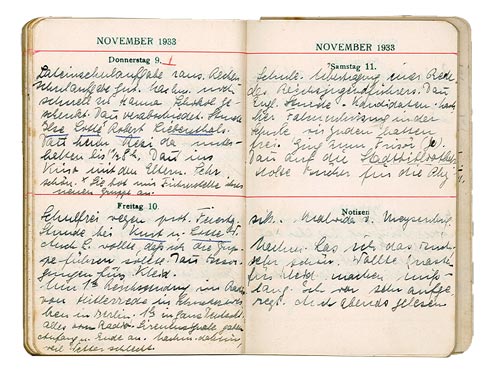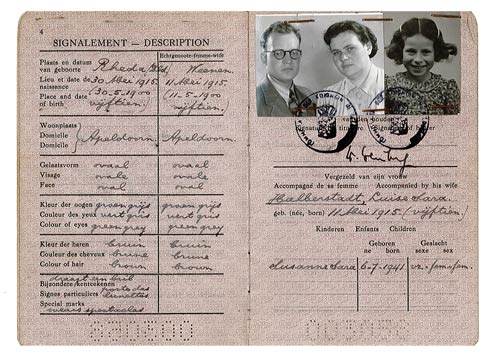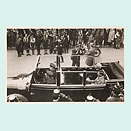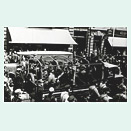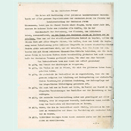Friday
10 November 1933
Entry in Lisl Halberstadt‘s pocket calendar
Throughout 1933 Lisl Halberstadt (1915–1993) made brief entries in her calendar describing the most important events of the day. On 10 November the eighteen-year-old Nuremberg high school student mentioned the broadcast of the speech Adolf Hitler gave at the Siemens-Schuckert plant in Berlin. "1 o‘clock … Throughout Germany everyone had their radio on." It was Hitler‘s last speech before the Reichstag election and the referendum on Germany‘s withdrawal from the League of Nations, both of which were held two days later, on 12 November.
After passing a law in July prohibiting the establishment of political parties, the NSDAP was the only party left in Germany. During the election voters were presented with a single list of Nazi candidates and a few non-party "guests." The purpose of the election was to secure popular legitimacy for the Nazis‘ hold on power and their decision to pull out of the League of Nations. The speech that Hitler gave in front of thousands Siemens workers on 10 November was staged as the culmination of the "election campaign." People throughout the country were called upon to listen. Work was stopped in factories, shops were closed and loudspeakers were set up in public places. "Sirens marked the start and end," wrote Lisl Halberstadt without saying a word about what Hitler had actually said.
The speech at the Schuckert plant, in which Hitler decried the injustice of the Versailles Treaty and extolled his own accomplishments of the past nine months, was characterized by vicious anti-Semitism: "The conflict and hatred between nations is sowed by particular interested parties. It is a small rootless international clique that incites nations against each other and does not want them to have peace. It is a group of people who make their home everywhere and nowhere, who live in Berlin today, Brussels tomorrow, Paris the day after that and then again in Prague, Vienna and London, who feel at home everywhere." At this point, a member of the audience called out the name of the group to which everyone knew Hitler was referring: "The Jews!"
The next day Lisl Halberstadt noted in her pocket calendar that at school she had been forced to listen to the broadcast of a speech by the leader of the Hitler Youth. She was not present for the hoisting of the flag afterward. "We Jews were given the afternoon off."
On 12 November the single list of NSDAP candidates received 92.1 percent of the vote and more than 95 percent of voters approved the decision to pull out of the League of Nations. The Reich Representation of Jews in Germany had supported the withdrawal—"despite all we have experienced" —and had recommended voting yes in the referendum.
Aubrey Pomerance
